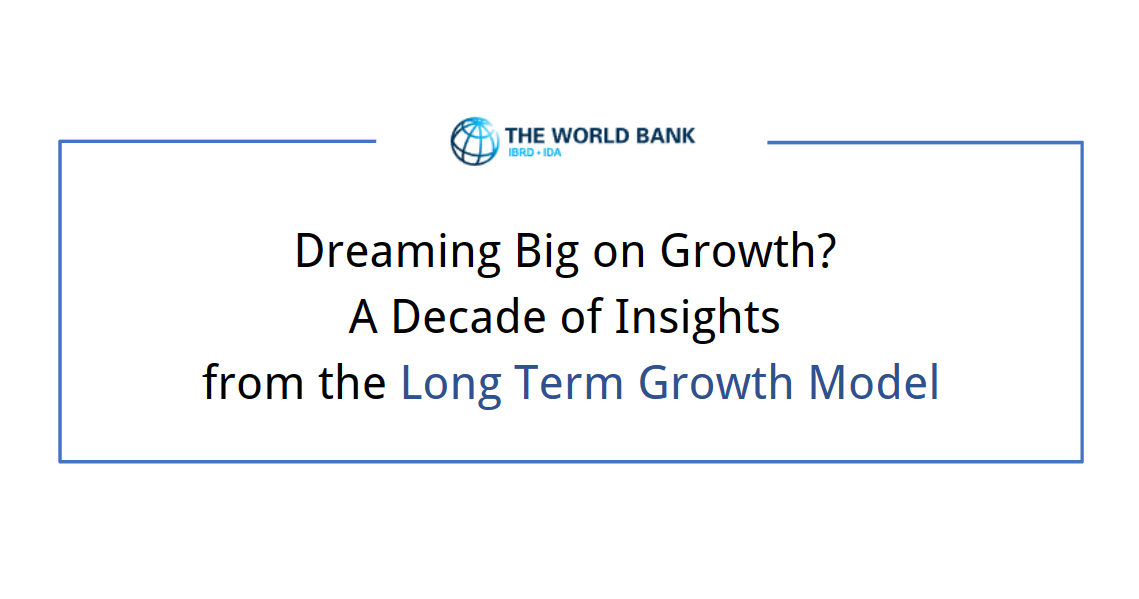Hengqin issued preferential personal tax policies for high-end talent
On April 11, the Guangdong-Macao In-Depth Cooperation Zone in Hengqin issued regulations for high-end and urgently-needed talent enjoying preferential tax policies, detailing application conditions, talent standards and processing procedures.
According to the Regulations, three types of talent can enjoy preferential personal income tax policies in the Zone: High-end talent at the top level in a certain field or profession who has made outstanding contributions and is recognized by the society; High-end talent who earns more than 500,000 RMB in a tax year in the Zone; Urgently-needed talent who meets the requirements of titles, academic or professional qualifications.
Engaging in the industries listed in the Encouraged Industry Catalogue in the Guangdong-Macao In-Depth Cooperation Zone in Hengqin is one of the pre-requisites for talent to enjoy preferential personal income tax policies. The Catalogue, released on April 3, highlights sci-tech research and development and high-end manufacturing, Chinese medicine and other Macao brand industries, culture, tourism, exhibition and trade, modern finance and more.
It is introduced that the Zone will formulate standards for talent by taking into consideration experiences of winning major awards in China or globally, serving in important international organizations and top academic institutions, etc.
The Regulations also make restrictions on the payment of social security by individuals and the substantive operation of enterprises. Eligible talent are expected to work in the Zone and pay basic pension insurance and other social insurance continuously for more than 6 months (including December of the current year, and there are no cases of wholesale payment or double payment of social insurance) in a tax year. An employment contract, employment agreement, service contract or other relevant documents with an enterprise or institution operating substantially in the Zone for more than 1 year is required.
For foreign talent who are unable to pay social insurance and domestic talent who have exceeded the statutory retirement age, there is no mandatory requirement for social insurance payment. Instead, documents proving the employment relationship, such as labor contracts or employment agreements with enterprises or institutions operating substantially in the Zone, are required.
The Regulations consist of 12 articles and come into effect on the issue date.




















































First, please LoginComment After ~